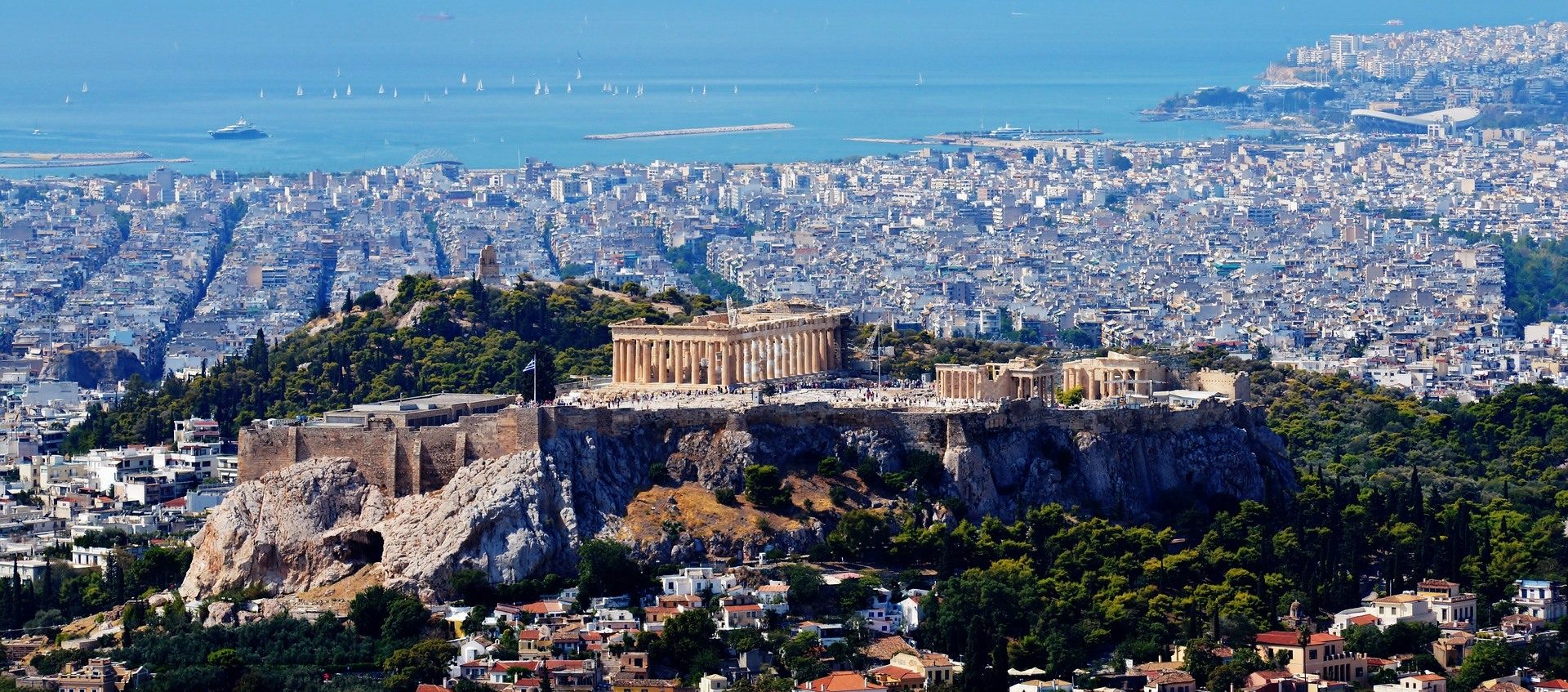Greece: final countdown for Eurogroup decisions

As Greece prepares to emerge from one of the region’s most wrenching economic periods, its creditors are drawing up plans to ensure it is never a problem for the rest of Europe again.
European Union officials will unveil a blueprint in Brussels on Thursday to help the beleaguered country stand on its own once it comes off its third financial bailout in August. They have heralded Greece’s revival, and pointed to the closing of its bailout as a symbolic end to a ruinous financial crisis.
Few places know tumult better than Greece. It had to impose capital controls in 2015, as millions of people protested in the streets. Twice, it nearly crashed out of the euro. The economy shrank significantly, joblessness skyrocketed and many were driven into poverty. The country has had to rely on three bailouts since 2010, totaling 320 billion euros, or about $375 billion, overall.
European officials are now eager to paint Greece as a comeback story. The economy is growing again, albeit slowly. Unemployment has fallen from record highs, and investors are cautiously exploring whether to return. Prime Minister Alexis Tsipras has laid out a plan for growth, and is refusing the offer of a precautionary credit line, a financial safety net that would come with new austerity terms after years of belt-tightening.
Creditors will look to capitalize on that momentum. They are expected to announce an agreement on Thursday to ease the terms for Greece to repay its mountain of debt. Mr. Tsipras, who rose to power vowing to reverse austerity, is angling to be the leader who finally extracts Greece from its last bailout, which he agreed to in 2015.
While Athens will no longer officially depend on other people’s money, it faces an uphill battle to revive credibility in financial markets and restore growth.
Greece’s debt has ballooned to 180 percent of economic output — the largest in the eurozone. Though the economy is expanding, it is still only three-quarters of its pre-crisis size. And the governments, banks and institutions to whom Greece still owes staggering sums are bent on getting their money back, a feat that they say will require them to look over Athens’ shoulder for years to come.
Germany, Europe’s austerity enforcer, has clashed bitterly with the International Monetary Fund over whether to ease up on Greece to help it cross the finish line. The fund, as a condition of its backing in the ongoing process, wants to ensure Greece’s debt is sustainable. But its approach differs with Germany.
“Greece’s debt has actually become too big to fail, and too big to bail out again,” said Jens Bastian, a financial consultant in Athens and a former member of the European Commission’s task force on Greece. “The most important thing is that the creditors declare Greek debt sustainable, otherwise financial markets will take notice.”
Speaking during a joint press conference with French President Emmanuel Macron at Meseberg castle, near Berlin, Merkel said Greece’s exit will be an auspicious moment for measures to be taken to fortify the eurozone given that no euro area country will be committed to a bailout program.
There are hopes Thursday that eurozone finance ministers will sign off on a final tranche of rescue loans for Greece and finalize debt relief measures, as well as agreeing on post-bailout supervision.

